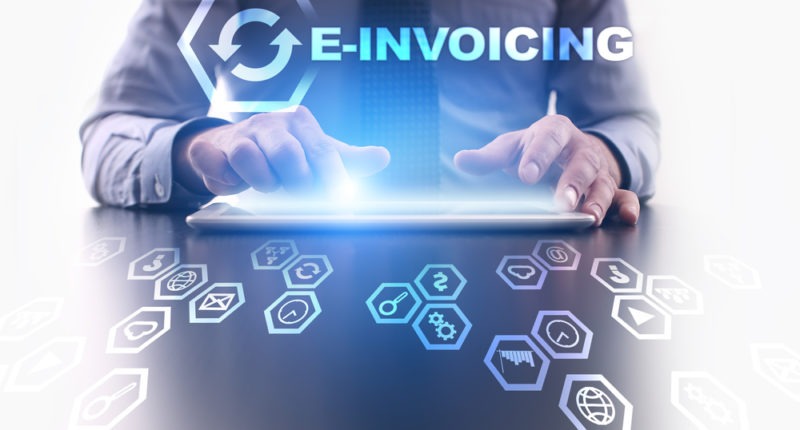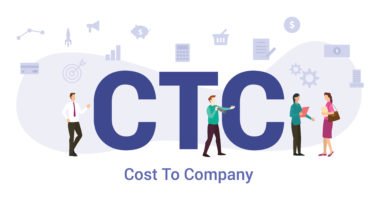1. The government recently notified e-invoicing for businesses with more than Rs.20 crore turnover. What are the options available for generating e-invoices?
Ans: If your business is now eligible for e-invoices, you may be confused about the many options available for e-invoice generation and would obviously be looking for a solution that is fast, seamless, and cost-effective. The government does provide a free Excel-based tool. However, generating e-invoices using this tool is very time-consuming as no bulk e-invoice generation option is available. The e-invoices need to be generated one by one. Also, since the entire process is manual, it could be prone to human errors.
The popular option for businesses with an Rs.20+ crore turnover eligible for e-invoicing is to use an advanced web-based tool for e-invoice generation. Leading compliance providers offer these UI tools in the market and can be set up in just 10-15 minutes. Businesses are provided with an Excel template that is easy-to-use and very user-friendly. The tool can ingest and upload data for the bulk generation of e-invoices with a single click.
Are there faster, automated options available for small businesses too? Yes, small businesses can generate e-invoices through an ERP integration mode as well. The two popular integration options are API and SFTP integrations. Here, the ERP/accounting system is integrated with the e-invoice portal for the automated generation and cancellation of e-invoices in real-time.
2. What are the top features to keep in mind while selecting an e-invoicing solution?
Ans: While selecting an e-invoicing solution, it is needless to say that you need to look for one that is fast, has a bulk generation feature, and can assure you of error-free e-invoices. Remember that if your e-invoices have errors, you could be liable to hefty penalties. But, of course, that is not all.
The other major features that you need to ensure that your e-invoicing solution has are smart data validations right from the ingestion stage to the e-invoice generation stage. The government utility has very minimal validations, but leading compliance solutions offer 200+ smart data validations for virtually error-free e-invoices. Then, advanced solutions also offer SmartScreen corrections to correct errors on screen and reduce errors. MIS reports and a smart dashboard are also useful features that assist managerial decision-making. Besides the above, look for a solution with a 7-8 years data archival option, a quick response time of fewer than 200 milliseconds (non-NIC), and a unified tool for generating e-way bills.
3. What are the penalties that eligible businesses will face for not complying with e-invoicing norms from 1st April 2022?
Ans: Eligible businesses who do not meet the e-invoicing implementation deadline could be liable to heavy penalties and could also deal with an unfavourable business impact, such as-
- They could be liable to a penalty of up to Rs.10,000 per invoice for non-generation of e-invoices or up to Rs.25,000 for incorrect e-invoicing.
- Non-generation of e-invoices would result in the failure to auto-populate their GSTR-1 return and the GSTR-2A/2B of the buyer. This means that the buyer cannot claim the input tax credit in time, thereby affecting customer relations.
- It will result in the inability to generate e-way bills as the same will no longer be possible without an IRN (i.e. the Invoice Reference Number generated by the e-invoice portal). This is mandated by the government for e-invoicing eligible businesses. This could lead to the detention of goods and penalties.
For any clarifications/feedback on the topic, please contact the writer at athena.rebello@cleartax.in

I’m a Chartered Accountant by profession and a writer by passion. ClearTax lets me be both. I love travel, hot tubs, and coffee. I believe that life is short, so I always eat dessert first. Wait.. life is also too short to be reading bios… Go read my articles!





